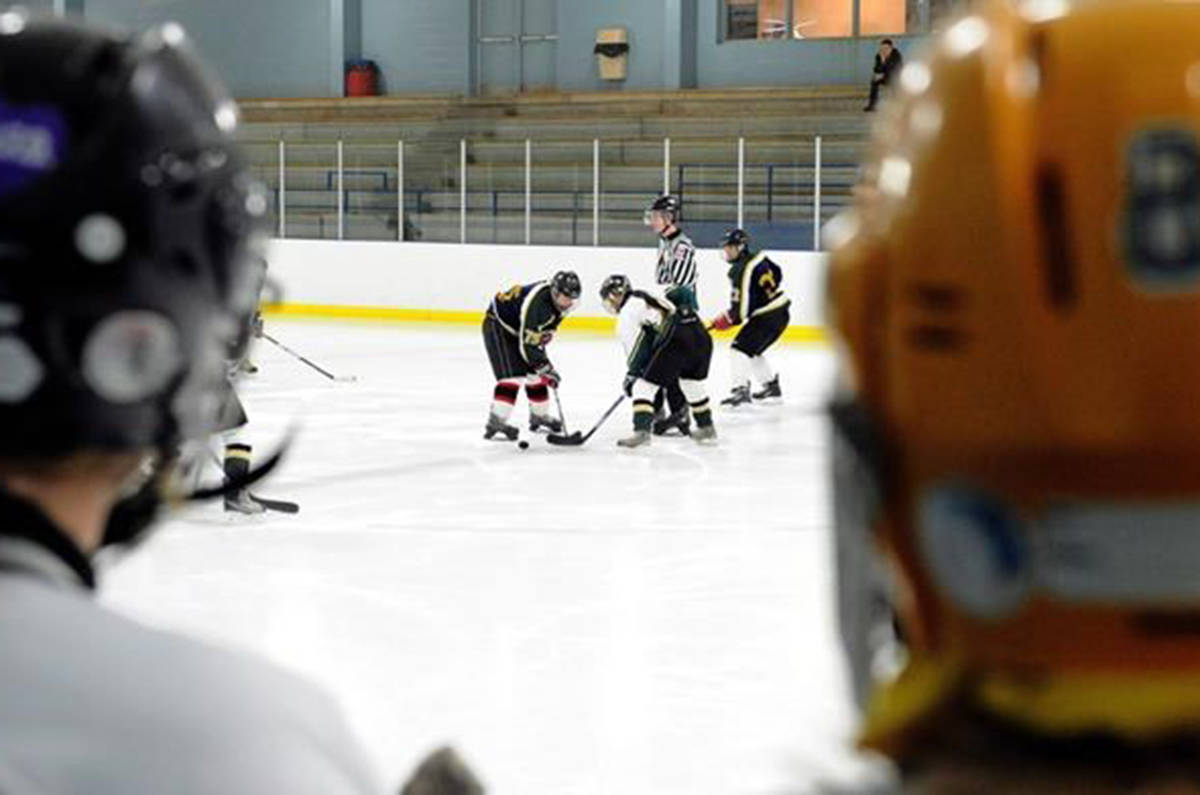Hockey groups across the country are looking for ways to manage runaway scores in a bid to keep the sport fun for kids.
The issue swelled for the Minor Hockey Alliance of Ontario after a team of eight-year-olds from Kitchener crushed a squad from Cambridge 41-0 last month.
The lopsided score was very unusual, but the group still is considering a variety of measures to prevent a similar situation, said executive director Tony Martindale.
Those measures could include new rules or guidelines, and revisiting how the teams are split up based on skill, he said.
“Our biggest thing here is that we don’t want to turn kids off of hockey,” Martindale said. ”We want hockey to be a life-long adventure for the kids.”
The Kitchener-Cambridge game didn’t result in a barrage of complaints, he added, likely because the coaches found a way to keep it fun for the young athletes.
The winning team also implemented some rules to try and slow the pace when the score began to balloon, including requiring players to pass at least five times before shooting the puck.
Hockey Canada recommends that players under the age of nine play half-ice games and that no score is kept.
No one from Hockey Canada was made available to discuss the guidelines.
READ MORE: More than cuts and bruises: Winter sport-related injuries on the rise
Groups across the country use various rules for young players, with the Ontario Hockey Federation saying keeping score is optional for eight-year-old (novice) hockey. Hockey Alberta and BC Hockey do not keep score for teams made up of kids eight and under.
Young players should be learning skills like passing and how to be part of a team, not focusing on the score or who has how many goals, said Brad Lyon, spokesman for Hockey Alberta.
“We want to make sure that when those players are coming into their first or second year of hockey, that they’ve had fun, that they’re coming off the ice smiling, that they’ve had the opportunity to learn and most of all, that they want to come back next week and next year and hopefully decades into the future,” he said.
Hockey Alberta is also working on creating a standardized tiering system to better manage discrepancies in skill level and help teams determine what they’ll be up against in any given tournament.
“Mis-matches do happen. We know there can be those big scores. So we’re trying to reduce it,” Lyon said.
Standardized tiering is also used in B.C., where most member associations don’t post more than a five-goal deficit on any scoreboard, BC Hockey CEO Barry Petrachenko said in a statement.
The group is also encouraging associations to redistribute players or teams if play is lopsided.
Martindale said his group is reviewing how and when teams are split into skill-based tiers.
Currently, the teams play a few games before the process starts. They will look at whether there is a way to do the tiering before the season begins, Martindale said.
The Minor Hockey Alliance of Ontario does not currently have rules or guidelines around blowout scores, he said, and may consider putting some in place for the future.
But it’s unlikely any regulations would include a “mercy rule,” where the game would end if one team were winning by a set margin. That could lead to valuable ice time going unused, Martindale said.
“I’d rather see us throw the sticks in the middle and have the kids play,” he said, referring to how teams are often picked in street hockey.
“At the end of the day, it’s about development and it should be about making friends and it should be about player experience.”
Gemma Karstens-Smith, The Canadian Press



